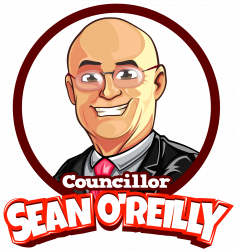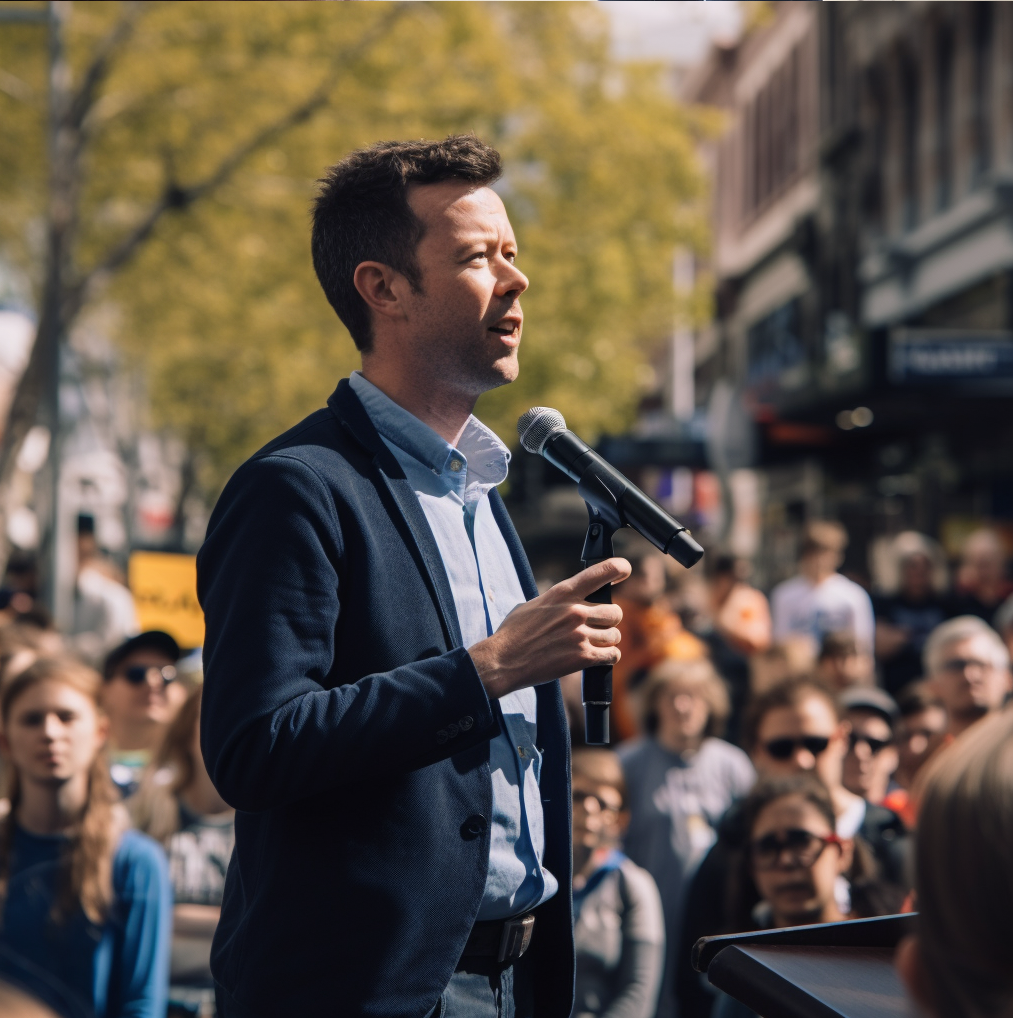It’s council campaign time again. And again I hear these common questions:
Here’s the insider’s view of why.
Party affiliation

Many council candidates are members of political parties. Political parties provide networking, campaigning experience, branch meetings and policy discussion. The reason that many council candidates don’t declare their party membership loud and proud while campaigning is that political allegiance is much less relevant in local government than at the state and federal government levels.
Council decisions are not made on party lines.
There are no caucus meetings or binding votes for council meetings. This is quite different from state and federal governments, where a position is decided in caucus and cabinet, and the party then block-votes in parliament.
Many voters do not make this distinction.
Constituents want independent candidates that will make decisions in their best interests. Therefore, if a council candidate loudly declared their party affiliation, they would lose votes due to the misformed view that the candidate would be inhibited by party allegiance to make decisions in the best interests of the residents.
There are Australian Labor Party (ALP) rules that candidates that are ALP members must follow. These are on the public record as they were passed by the Victorian ALP State Conference and are Victorian ALP policy. The rules are:
- If a candidate who is a member of the ALP has a how-to-vote preference order it must preference other ALP candidates before others.
- When deciding the election for mayor, the ALP councillors should meet as a group and form a majority view as to who should be supported for mayor.
Saying the same boring things

The reason that most candidates say the same things like low rates, cleaner streets, less rubbish dumping, more parks and playgrounds, and containing council expenses is because these things are what voters’ want.
Also, if a council candidate promotes a policy that is risky, contentious, doesn’t have broad community support, will result in winners and losers, then that candidate will lose votes. This is because part of the voter decision-making process is deciding who not to vote for, not necessarily deciding who to vote for. A candidate proposing a policy that might be the right thing to do, but will mean a section of the community losing out, will generally result in a net loss of votes for that candidate.
Should candidates have new ideas?

I find that this is over-emphasised in the voting decision process by voters. In the councillor roles, a majority of the time spent as councillor is reviewing existing policies of council, and not espousing new ideas. A large part of the councillor role is acting as a “director of a board” – reviewing annual budgets and deciding on small refinements to policies and council practices. Rather than vote for someone who just has new ideas, you should look for someone that will listen for new ideas, think rationally, vote impartially, understand the ramifications of change, and advocate for the new ideas to see them investigated and implemented.
A councillor on their own can’t do much. It takes a majority of councillors at a council meeting to decide substantial changes. It’s not enough just to have new ideas, a successful councillor will take good ideas and advocate these ideas to the other councillors. The detailed work is done by full-time council officers and staff, not by part-time councillors.
I’ve been a councillor since 2012, and I ran out of my own new ideas within two years. Since then, I have relied on being out in the community, listening to residents’ new ideas, and then raising them at council level, having them investigated and implemented if the cost/benefit feasibility stacks up.

